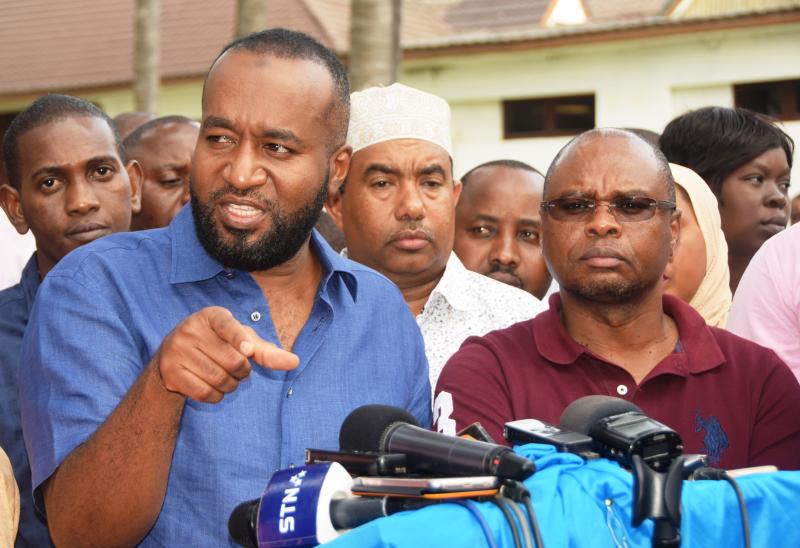×
The Standard e-Paper
Smart Minds Choose Us

In the fight for control of Coast politics between Kilifi Governor Amason Kingi and Mombasa Governor Hassan Joho, the Kilifi County chief seems to be holding the aces.
While there is still a long way to go to the next elections, both governors are keen to shore up their bases in their bid to become the region’s de facto leader.